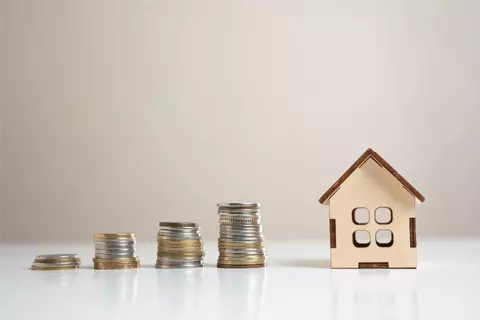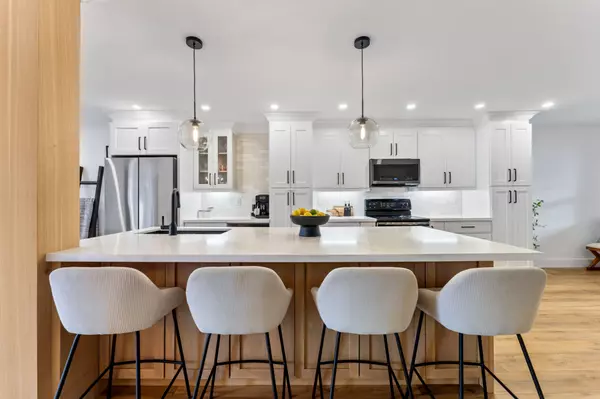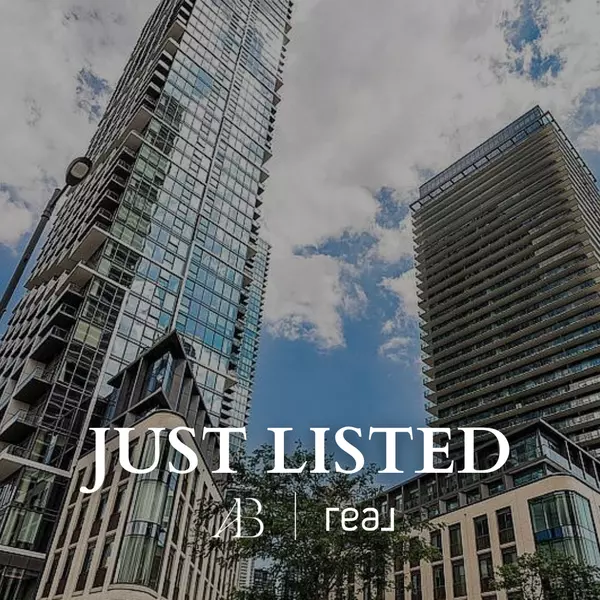The amount of money needed to purchase a buy-and-hold property can vary significantly depending on various factors, including the property's purchase price, location, financing options, down payment requirements, closing costs, and ongoing expenses. Here are some key considerations to help you estimate the amount of money needed:
-
Down Payment: The down payment is typically the largest upfront cost when purchasing a property. The percentage required for a down payment varies depending on the type of financing you choose. For conventional loans, down payments typically range from 5% to 20% of the purchase price, while FHA loans may require as little as 3.5% down. For example, if you're purchasing a property for $200,000 and make a 20% down payment, you would need $40,000 upfront.
-
Closing Costs: Closing costs typically include fees for loan origination, appraisal, title search, title insurance, attorney fees, and other miscellaneous expenses. Closing costs typically range from 2% to 5% of the purchase price. Using the same example above, if closing costs amount to 3% of the purchase price, you would need an additional $6,000 for closing costs.
-
Reserves: It's advisable to have reserves set aside for unexpected expenses or vacancies. Lenders may require reserves equivalent to a certain number of months' worth of mortgage payments. Additionally, having reserves can provide a financial cushion to cover repairs, maintenance, and other expenses that may arise. The amount needed for reserves will vary depending on the property and your risk tolerance.
-
Property Inspection and Due Diligence: Before purchasing a property, it's essential to conduct a thorough inspection and due diligence to identify any potential issues or concerns. While the cost of a property inspection may vary depending on the property's size and location, budgeting for inspection fees is essential to ensure you're making an informed investment decision.
-
Renovations or Repairs: Depending on the condition of the property, you may need to budget for renovations or repairs to make the property habitable or more attractive to tenants. The cost of renovations or repairs will depend on the extent of work needed and your renovation plans.
-
Initial Reserves for Vacancies and Expenses: It's essential to have reserves set aside to cover ongoing expenses such as property taxes, insurance, maintenance, repairs, property management fees, and vacancies. The amount needed for reserves will vary depending on the property's rental income, expenses, and market conditions.
In summary, while the exact amount of money needed to purchase a buy-and-hold property will vary depending on various factors, including the property's purchase price, financing options, and expenses, it's essential to budget for the down payment, closing costs, reserves, inspections, renovations, and ongoing expenses to ensure a successful and profitable investment. Working with a real estate agent, lender, or financial advisor can help you estimate the total cost and plan accordingly.











